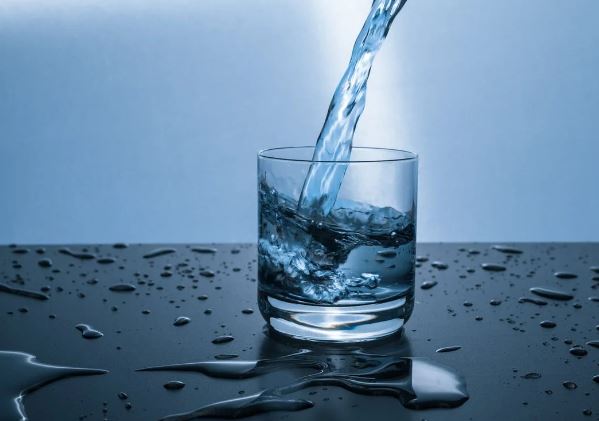
There is no definitive answer to whether or not drinking hard water can affect your health. However, some experts believe that it could potentially lead to problems such as kidney stones or digestive issues. Additionally, hard water may also contain high levels of minerals that could be difficult for your body to process. If you’re concerned about the potential effects of hard water, here is want you need to know.
1. Hard water can contain high levels of minerals
One of the main concerns with drinking hard water is that it can contain high levels of minerals. These minerals, such as calcium and magnesium, can be difficult for your body to process. In some cases, they can even build up in your organs and cause health problems.
You can use water softener systems that remove these minerals from the water before you drink it, but they can be expensive. In that case, you can follow this URL to learn more. Additionally, if you choose to drink hard water, be sure to drink plenty of other fluids so that your body can flush out the minerals.
2. Hard water may lead to digestive issues
Another potential problem with drinking hard water is that it may lead to digestive issues. The high levels of minerals in hard water can make it difficult for your body to break down food. This can cause problems such as constipation, diarrhea, and bloating. If you’re concerned about the effects of hard water on your digestive system, be sure to drink plenty of other fluids and eat a healthy diet.
Additionally, you may want to avoid drinking hard water if you have a history of digestive problems. It’s always a good idea to talk to your doctor before making any major changes to your diet.
3. Hard water may cause kidney stones
One of the most serious potential problems with drinking hard water is that it may cause kidney stones. Kidney stones are small, hard deposits that can form in your kidneys when there are high levels of minerals in your urine. Drinking hard water can increase the risk of developing kidney stones, so if you’re concerned about this, be sure to drink plenty of other fluids. Additionally, you may want to talk to your doctor about whether or not you should limit your intake of hard water. This is especially important if you have a history of kidney stones.
4. Hard water may not be a major health concern
Overall, hard water is not likely to cause serious health problems. However, it can potentially lead to minor issues such as digestive problems or kidney stones. If you’re concerned about the effects of hard water on your health, be sure to drink plenty of other fluids and eat a healthy diet. Additionally, you may want to talk to your doctor about whether or not you should limit your intake of hard water. This is especially important if you have a history of kidney stones or other health problems.
5. You can find out if your water is hard
If you’re concerned about the hardness of your water, there are a few ways that you can find out. You can contact your local water supplier and ask about the hardness of your water. Additionally, many home improvement stores sell test kits that you can use to test the hardness of your water.
Finally, you can have your water professionally tested by a company that specializes in this. If you find out that your water is hard, you may want to consider using a water softener system or drinking bottled water.
6. You can reduce the hardness of your water
If you don’t want to use a water softener system, there are a few other ways that you can reduce the hardness of your water. One way is to let your water sit for 24 hours before using it. This will allow some of the minerals to settle out of the water. Additionally, you can boil your water for 10 minutes to remove some of the minerals. Finally, you can add a filter to your faucet or shower head to remove some of the minerals from your water.

Overall, hard water is not likely to cause serious health problems. However, it can potentially lead to minor issues such as digestive problems or kidney stones. If you’re concerned about the effects of hard water on your health, be sure to drink plenty of other fluids and eat a healthy diet. By knowing the potential risks and taking steps to reduce the hardness of your water, you can help keep yourself healthy and safe.






